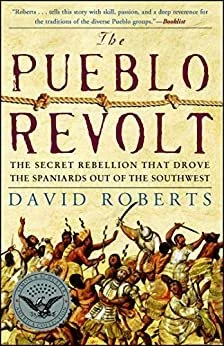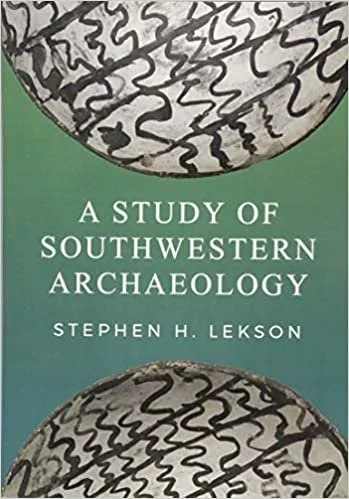The Pueblo Revolt
David Robert’s Pueblo Revolt is a grueling indictment of the Spanish colonial enterprise in New Mexico. While I’m sure it is largely true, I submit that it is not unique and reflects the universal maltreatment of conquered peoples by their conquerors throughout human history. In that sense, the Spanish Empire was probably no worse than any of its predecessors, including possibly even the Lords of Chaco 600+ years before the arrival of the Spanish; or successors including the Anglo-Americans who arrived in the same region 150 years after the eponymous Revolt. That’s not to excuse it, but simply to acknowledge that this is and always has been an ugly facet of human nature.
Robert’s traces the history of Spain in New Mexico, from the accidental Cabeza de Vaca and treasure-hunting Coronado expeditions of the early 16th C to Onate’s successful 1598 colonization to the Revolt of 1684, with the retreat of Spain to El Paso del Norte and, twelve years later, the reconquest by de Vargas. Feuding between Church (in the form of the Franciscans) and Crown (the governors and their minions) was a perpetual feature of New Mexico life prior to the Revolt and it ranged from comical to calamitous. The encomienda and hacienda systems poured salt in the festering wounds of Native resentment towards the Iberians, which culminated in the rise of a still-mysterious leader named Pope, who organized and spearheaded the successful uprising.
The upside of Robert’s tale is that the 1684 Pueblo Revolt was one of the most successful indigenous uprisings in the America’s and perhaps the world, in that it put the Pueblo’s on a much better footing with their colonial masters after the Spanish reconquest, a dozen years later. They really did win themselves a much greater degree of autonomy in terms of government, religion, culture, etc., than almost any other group in the New World and that autonomy has persisted to this day.
One measure of that autonomy is the Pueblo’s zealous guardianship of their oral traditions (and perhaps physical remains) of the Revolt. Robert’s well intentioned, albeit largely frustrated, attempts to get indigenous oral histories of the Revolt to balance the Spanish archival material, verge on comical. The Pueblo’s politely stonewalled Robert’s every request for access, which is completely understandable, given historical betrayals of confidence by Anglo historians and archeologists and is of a piece with their fierce autonomy and independence.

